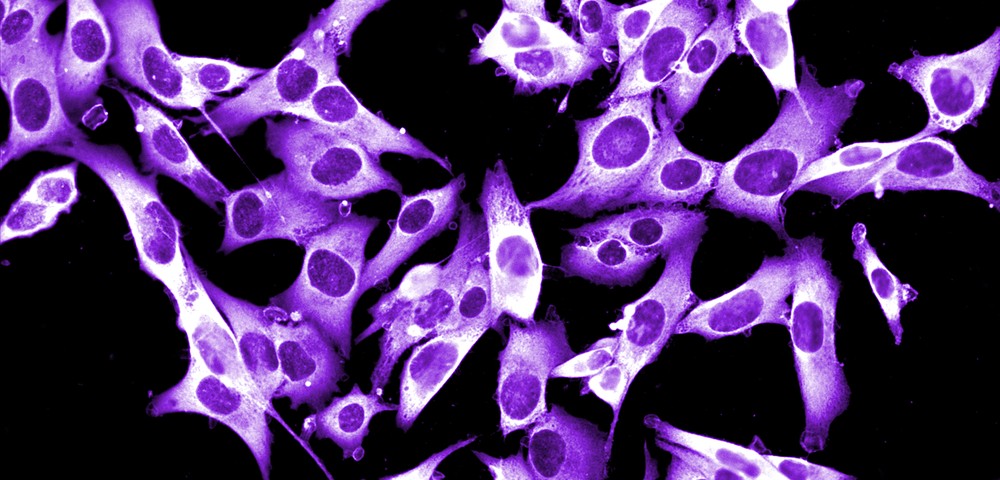The Committee for Medicinal Products for Human Use (CHMP) has released a positive opinion supporting the approval of Bristol-Myers Squibb‘s Opdivo (nivolumab), combined with Yervoy (ipilimumab), to treat adult patients with advanced (unresectable or metastatic) melanoma. The CHMP opinion also added a statement to the broad indication that relative to Opdivo monotherapy, an increase in progression-free survival for combined Opdivo and Yervoy is established only in patients with low tumor PD-L1 expression.
The European Commission (EC) will now review CHMP’s recommendation, and issue a final decision regarding European Union-wide approval.
Nivolumab is a human IgG4 anti-PD-1 monoclonal antibody that acts as an immunomodulator by blocking ligand activation of the programmed cell death 1 (PD-1) receptor on activated T-cells. Nivolumab was previously approved by the EC for the treatment of adults with unresectable or metastatic melanoma, and for locally advanced or metastatic squamous non-small cell lung cancer patients after treatment with chemotherapy. In February, CHMP recommended Opdivo monotherapy for patients with previously treated advanced or metastatic non-squamous NSCLC and renal cell carcinoma.
CHMP’s positive opinion was based on two clinical trial results, CheckMate -067 and CheckMate -069, and supplementary results from CA209-004, a Phase 1b clinical trial evaluating Opdivo and Yervoy in adults with advanced melanoma.
CheckMate -067 was a Phase 3, double-blind study assessing an Opdivo and Yervoy combination in comparison to each drug as a monotherapy in treatment-naive patients with advanced melanoma, including both BRAF V600 mutation-positive and wild-type advanced melanoma cases. The trial’s primary outcomes were progression-free survival (PFS) and overall survival.
CheckMate -069 was a randomized, double-blinded Phase 2 study of Opdivo in combination with Yervoy versus Yervoy monotherapy in treatment-naive subjects with unresectable or metastatic melanoma, including those with melanomas positive for both BRAF wild-type and BRAF V600 mutation. Its primary outcome was the percentage of participants with investigator-assessed objective response rate (ORR) in the randomized, BRAF wild-type population. Secondary outcomes included PFS in patients with BRAF wild-type melanomas, and safety and ORR in patients with BRAF V600 mutation-positive melanomas. Overall survival was an exploratory study outcome.
“Our pioneering Immuno-Oncology science began with the study of Yervoy in advanced melanoma. This scientific knowledge led to the development of Opdivo, which is now an important treatment option for patients with advanced melanoma. Now, we continue our progress in finding new treatment options for this devastating disease through the study of the combination of these two Immuno-Oncology agents,” Jean Viallet, MD, Global Clinical Research Lead, Oncology, Bristol-Myers Squibb, said in a press release. “We are pleased the CHMP has recommended approval of Opdivoin combination with Yervoy in a broad melanoma patient population, and look forward to the European Commission’s decision.”
In the United States, nivolumab is approved for the treatment of patients with metastatic squamous non-small cell lung cancer whose disease continues to progress during or after chemotherapy, and for previously treated unresectable or metastatic melanoma patients.


